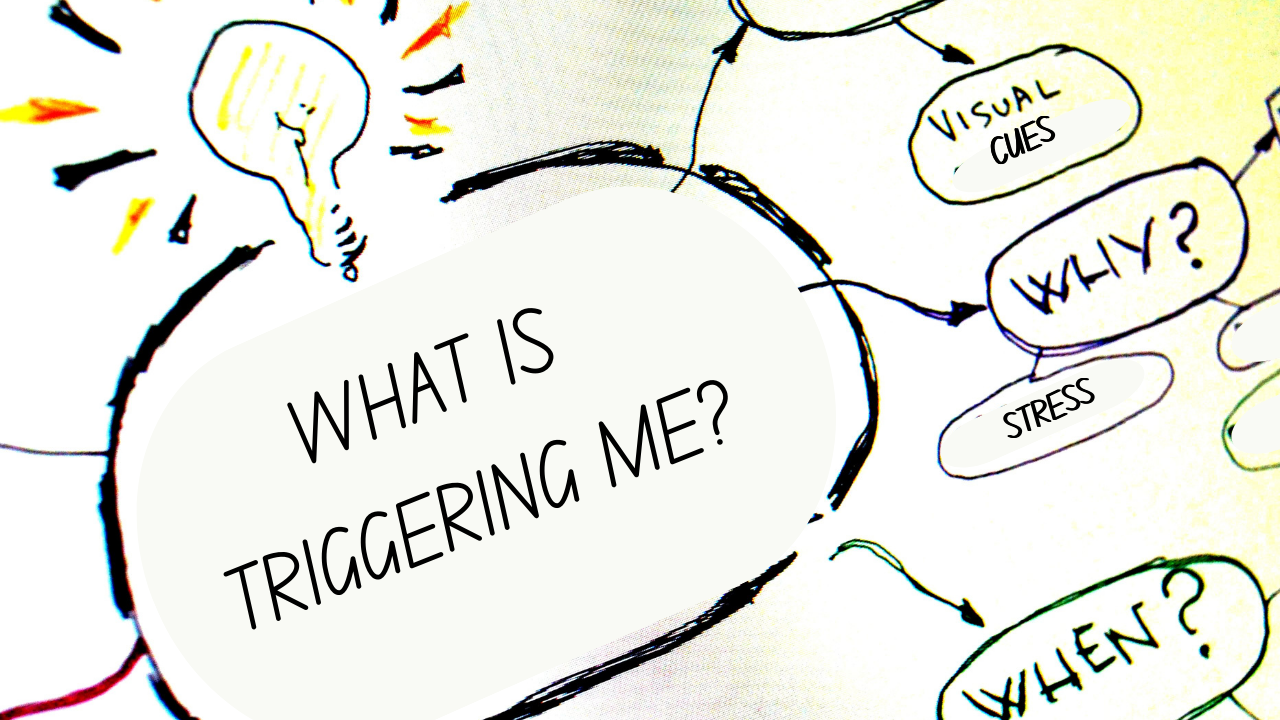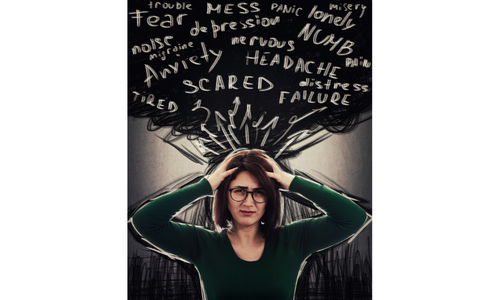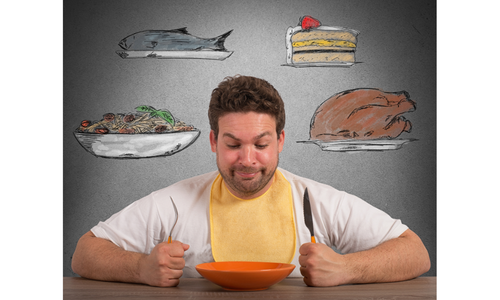Top 4 Triggers Causing Relapse

Issue No. 14 | Brought to you by the Addiction Reset Community – ARC
Unlocking the secrets of processed food addiction and guiding you to find freedom from food and weight obsession.

Recovery from processed food addiction requires vigilance and management of triggers and cues to eat processed foods. We asked members of our Facebook group, Food Addiction Education - which now has 20 000 members - what they experienced as the biggest causes of their relapse. In this issue, we take a closer look at what was revealed to be the biggest triggers.

Stress
By far, the most common cause of relapse listed was ‘stress’. This is not surprising. Research shows that throughout many years of struggle with food, we start to merge thoughts about food, with the feelings of stress. Food becomes such a twisted enemy that just the thought of trying to sort it out and control it can also be stressful. Over time stress and cravings become synonymous — almost the same thing.
When we realize how closely intertwined stress and cravings and food are, then we know what to do. We know that we need to work on getting ahead of stress. We need to recognize and turn-around old thoughts, especially thoughts of self-blame and self-loathing.
Next on the list of stress management is to detach from other peoples’ stress. Our good old mirror neurons, which can also be very useful in mimicking recovery, can also pick up on others’ stress and may cause us to want to stress when we see somebody we feel connected to, being stressed.
So learning skills to manage our own stress as well as learning how to detach from other people’s ‘stuff’, even when we continue to connect with them or support them, are the biggest improvements we can make to get control over food.

Feeling Deprived
The second to top reason for relapsing was ‘feeling deprived’. Can’t you just hear the voice of the addiction? Deprived? We know the truth! Processed foods are associated with so many horrible conditions such as Diabetes and associated amputations, excess fat tissue, depression, Alzheimer’s, Dementia, and Cancer. Only a brazen addiction would claim that missing out on those diseases is deprivation.
So what explains that feeling of deprivation? It is a message from the craving pathways. The frontal lobe would never make such a horrendous mistake. But what could get the craving pathways so worked up? The most likely culprit is seeing somebody else eat processed food. Our research related to mirror neurons shows that we helplessly copy the people around us. So if we see someone eating processed food, the brain will react by filling us with thoughts with feeling deprived, driven by the drive to conform and do the same thing.
This is possibly where the thoughts of deprivation come from.
The good news is that the same mirror neurons that drive us into copying the people around us and work so hard to get us to conform to our tribe, can be used to drive abstinence from processed food and recovery when we spend time being around people who are not eating these toxic foods.

Coming Home Too Hungry
The third most common reason for relapse was ‘coming home too hungry’. When we’re hungry and processed foods are available, the brain shuts down our braking system, removes any restraint and literally can move our hand out to pick up food and put it in our mouth without our agreement.
Relapsing when we’re hungry shows the power of the survival mechanisms in our brain. We know the processed food is toxic and we wouldn’t pick it up if we are in our “right mind.“ But being hungry can make us feel crazy. It makes us feel desperate. It is so sad to come through the door after work and pick up processed food and ruin the evening. Instead of getting to do what we do, we are end up doing the bidding of the addiction. We are enslaved to cravings and crashing and being unable to do anything except watch TV.
There is a solution of course. Eating clean meals on time to avoid hunger and having a plan to always have your clean food ready and available. Having prepared food at home is our greatest defense against stopping on the way home or coming through the door and picking up processed foods.

Boredom
The fourth greatest cause of relapse listed was ‘boredom. Now let’s think about this for a minute. There is always something to do. We can always read a book, or go for a walk, or some projects around the house. There’s really never any reason to be bored. But processed foods take away our ability to do many things. Maybe we're too tired. Perhaps we are experiencing brain fog.
It's possible the combination of tired, depressed and brain fog in combination with cravings that creates the sensation of being bored. If we weren't brained fog, and tired, we would surely get up and do something fun. But the inability to be creative with our time in combination with cravings results and eating. We are literally unable to think of anything else to do.

An effective recovery program, such as the Addiction Reset Community – ARC, must focus on supporting recovering food addicts to build the requisite skills needed to manage triggers and avoid relapse of eating processed foods.

Within the Addiction Reset Community (ARC) our members and their journeys are important to us. We find their stories inspiring and hopeful for everybody in health recovery.
"I am so thankful for Joan Ifland’s program. For the first time in my life, I have found a group that understands my relationship with unprocessed foods and even more importantly, has a solution. Joan’s expertise is astounding. She has such a welcoming nature and understands that each person is an individual coming from a different platform. Although I realize this is just the beginning of healing my compulsive overeating after 45 years of searching, I am so thankful for the program."

Many people reach out to Joan asking for advice and assistance on how they can begin their recovery journey.
Dear Joan
I was following a food plan which allowed for artificial sweeteners. I would make all sorts of 'legal' desserts with these sweeteners and dairy. I could not stop eating them. One serving would turn to many servings in one sitting. I would remark that they were 'too good' because I could not stop. I would constantly crave more of the dessert. Because these sweeteners were no calorie, I thought they would be find to consume. I noticed that I would crave them when they weren’t available. Are sweeteners keeping me addicted.
Joan responds:
Sugar has been shown to be more addictive than cocaine. And, we've been using it helplessly all day since we were small children. Any concentrated sweet taste can activate addicted brain cells and drive us to intense obsession and relapse.
DISCLAIMER:
Dr Joan Ifland (PhD) is a global expert on the subject of processed food addiction and is not a medical doctor. Information and response shared in this Newsletter are not intended for, and should not be construed as medical advice.

Do you have a question? Reach out to us with your questions about food addiction and recovery at gethelp@foodaddictionreset.com
Are you showing signs of Processed Food Addiction? Take this self-quiz to find out now!
Recent copies of Dr Joan Ifland's Blog:
Issue 01 | Issue 02 | Issue 03 | Issue 04 | Issue 05 | Issue 06 | Issue 07 | Issue 08 | Issue 09 | Issue 10 | Issue 11 | Issue 12 | Issue 13

